In today’s blog, we are going to cover e-Commerce forecasting and predictions based on ChatGPT and LLMs
With the rising population of people doing online shopping, the eCommerce ecosystem today faces the critical challenge of identifying customer preferences and managing inventory for optimal marketing strategies.
Predictive forecasting plays a crucial role in identifying opportunities and risks for companies at a very early stage, thus reducing operational costs and improving customer experience.
E-commerce Forecasting with ChatGPT and LLMs
In this blog, we are going to see some use cases where ChatGPT and LLM are leveraged for data forecasting and help the eCommerce systems grow.
Personalised Product Recommendations
Product recommendation is one of the major use cases in the eCommerce ecosystem that can be used by making use of language models. The LLMs take the customer browsing behaviour as a preference and recommend the products based on that.
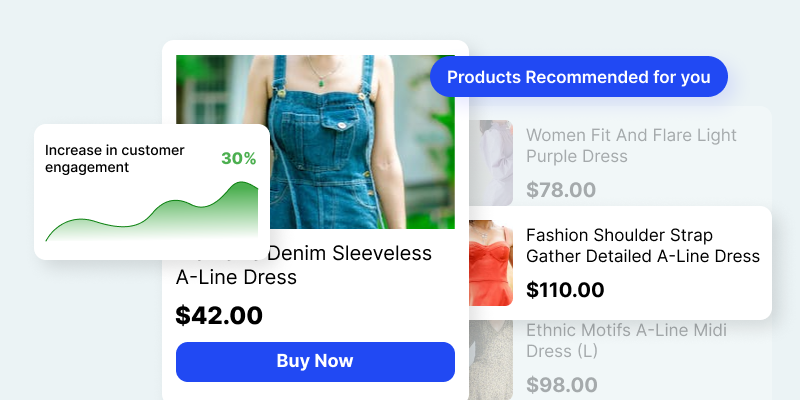
By analyzing such similar preferences of multiple customers, the system can predict the demand for the products for a similar search. This enables the platform to stock the products for better customer conversion and sales
Demand Forecasting
Accurate demand forecasting is an important aspect of eCommerce for managing product stock in times of high demand. ChatGPT and LLMs can be leveraged in such a way as to take the historical data into account and predict future demands.
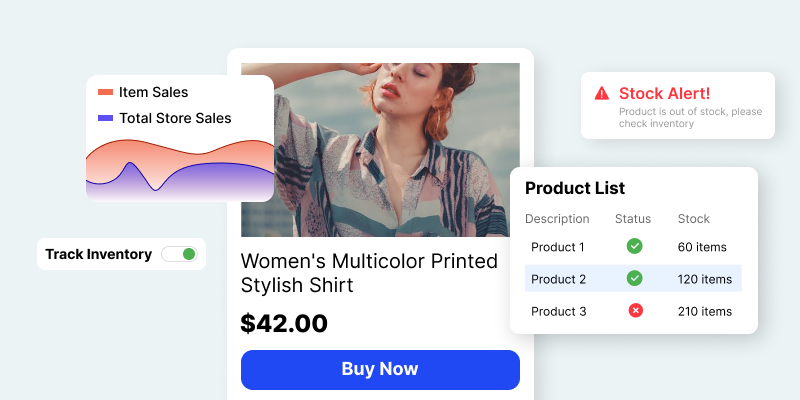
Based on the purchasing activities of the user, the eCommerce system can analyse sales data based on seasonal trends. The system can then easily predict in which month it gets most of the most active users. Finally, this will be helpful in fulfilling the stock in advance before the sale arrives next year.
Price Optimization
Product price remains one of the crucial factors in eCommerce from the customer’s perspective concerning successful conversion. Additionally, the system can make use of LLMs to gather customer feedback and sentiment for optimal price management.
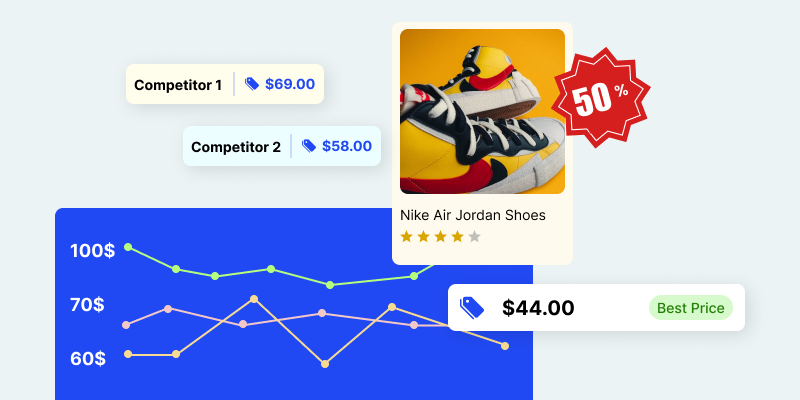
The eCommerce system can offer various discounts and price alternations to customers at certain intervals of time. It can then compare the cost based on data as per market trends. Therefore, this can help the system in putting a better price point for maximum profitability and customer success ratio.
Real-Time Updates
The LLM-based chatbots or ChatGPT can interact with customers in real time on their product preferences and sentiments. Based on the interactions, the chatbots can determine sudden spikes or drops in the demand for products. The system uses the data to make efficient fulfilment of products.
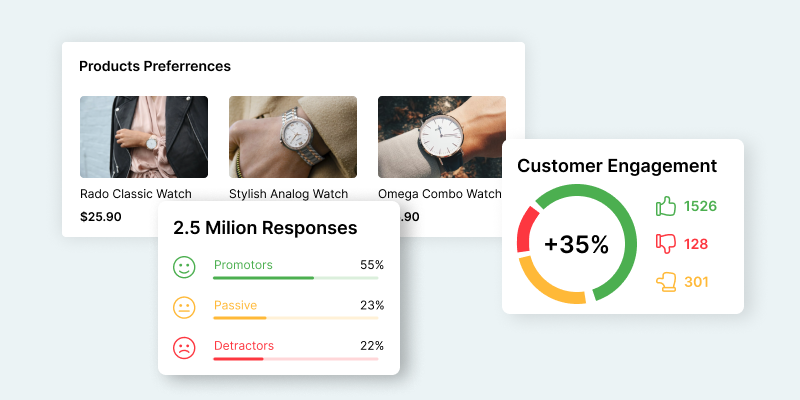
Competitor Analysis
We can train the language model to interact with competitors’ websites and gather information regarding products, market trends, prices, discounts and other valuable parameters. These data can be further analyzed by the e-commerce system for pricing patterns and offerings.
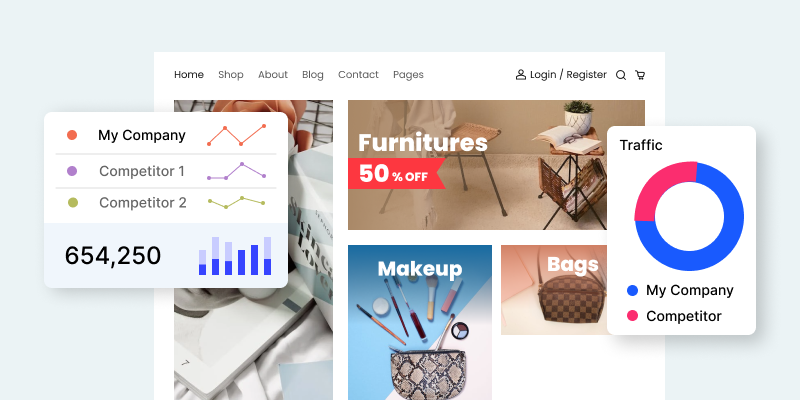
In another scenario, the chatbot can interact with customers to know more about the purchase of products from a competitor’s website. It may ask the customer feedback for on the particular product regarding likes and dislikes. The system will use the data to adjust prices and analyse the marketing gaps.
ChatGPT and LLMs provide a great edge to the eCommerce system in data forecasting and efficient supply chain management. As technology continues to evolve, we expect more sophisticated applications to come. This will help eCommerce companies to grow in the digital space.



Be the first to comment.